As COVID-19 cases continue to rise across the country, a new vaccine update is set to be approved by the FDA. With the upcoming winter months expected to bring a surge in cases, experts are emphasizing the importance of timing your vaccine dose correctly.
This update marks the third time the vaccine has been adjusted to match circulating strains since the original rollout.
Why Timing Your Vaccine Matters
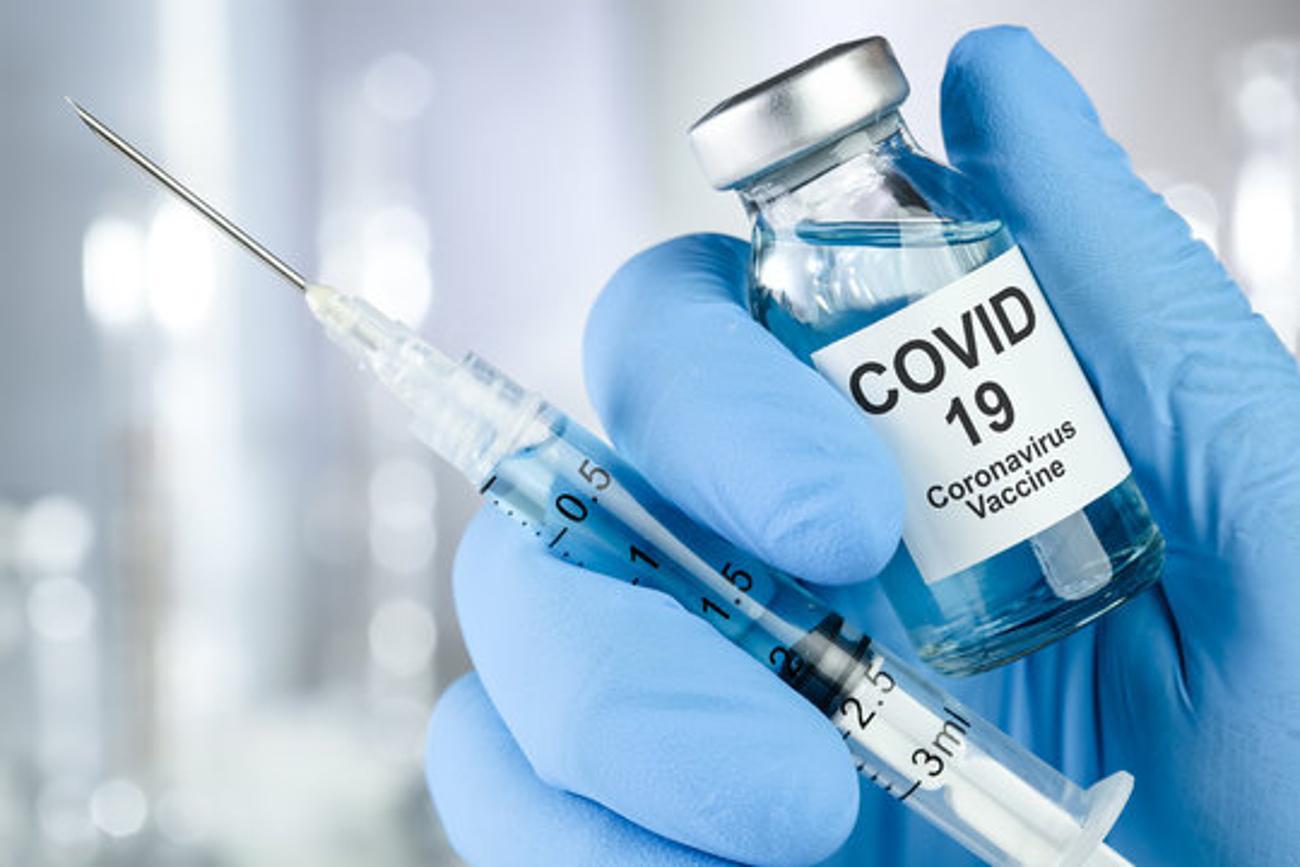
Getting vaccinated at the right time could make all the difference this winter. Dr. Paul Sax, an infectious disease expert, suggests that getting vaccinated in October might provide optimal protection through the winter months.
This timing aligns with the typical flu shot schedule, offering dual protection against both COVID-19 and the flu during the peak season.
The Rise of the KP.3.1.1 Variant

The new COVID-19 vaccines are designed to target the KP.2 strain, but the virus has continued to evolve. As of August, the KP.3.1.1 variant accounts for 36% of all new cases.
While the vaccine may not be a perfect match, experts believe it will still offer strong protection against severe illness, especially for those at higher risk.
Summer Surges and Winter Waves

COVID-19 doesn’t follow the same seasonal pattern as the flu, often spiking during both summer and winter. Dr. William Schaffner describes the virus as being “like a two-humped camel,” with surges occurring in warmer and colder months.
This unpredictable pattern makes it even more important to plan your vaccination timing carefully.
Who Should Prioritize Getting Vaccinated?

While the CDC recommends the updated vaccine for everyone aged 6 months and older, it’s especially critical for those at higher risk of severe illness.
This includes people over 65, those with weakened immune systems, and individuals with underlying health conditions like heart disease or obesity. For these groups, the vaccine could be life-saving.
The Challenge of Recent Infections
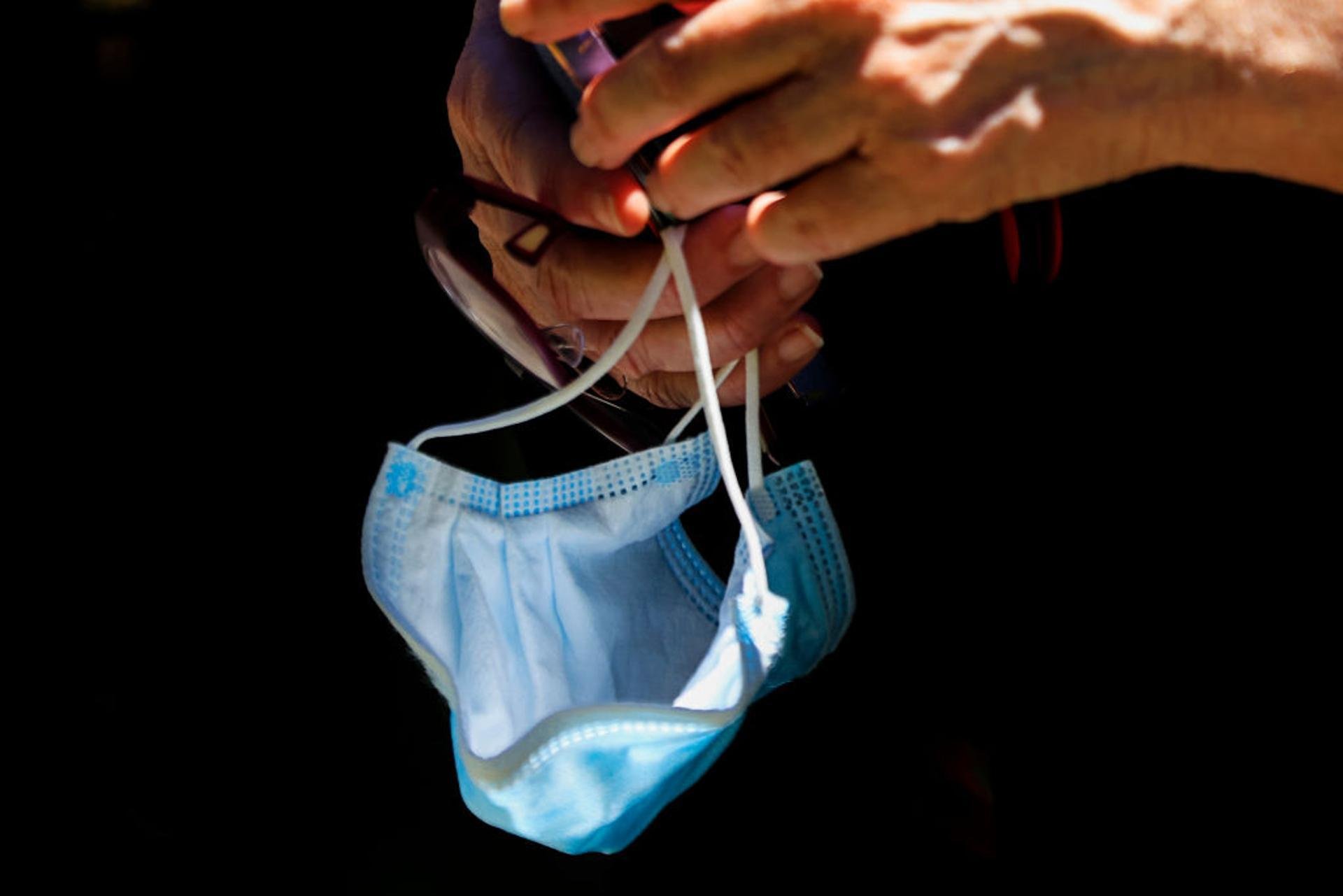
If you’ve had COVID-19 recently, you might be wondering when to get vaccinated. The CDC suggests waiting about three months after recovery before getting the shot.
This allows your natural immunity to provide some protection, while ensuring that the vaccine will have the maximum impact when you need it most during the winter months.
The Cost of Staying Protected

The updated vaccines from Pfizer, Moderna, and Novavax are expected to cost up to $150 per dose. Fortunately, most people with public or private health insurance won’t have to pay out of pocket.
However, for those without insurance, access to free vaccines may be limited, making it important to explore available options before the winter wave hits.
Navigating Vaccine Availability
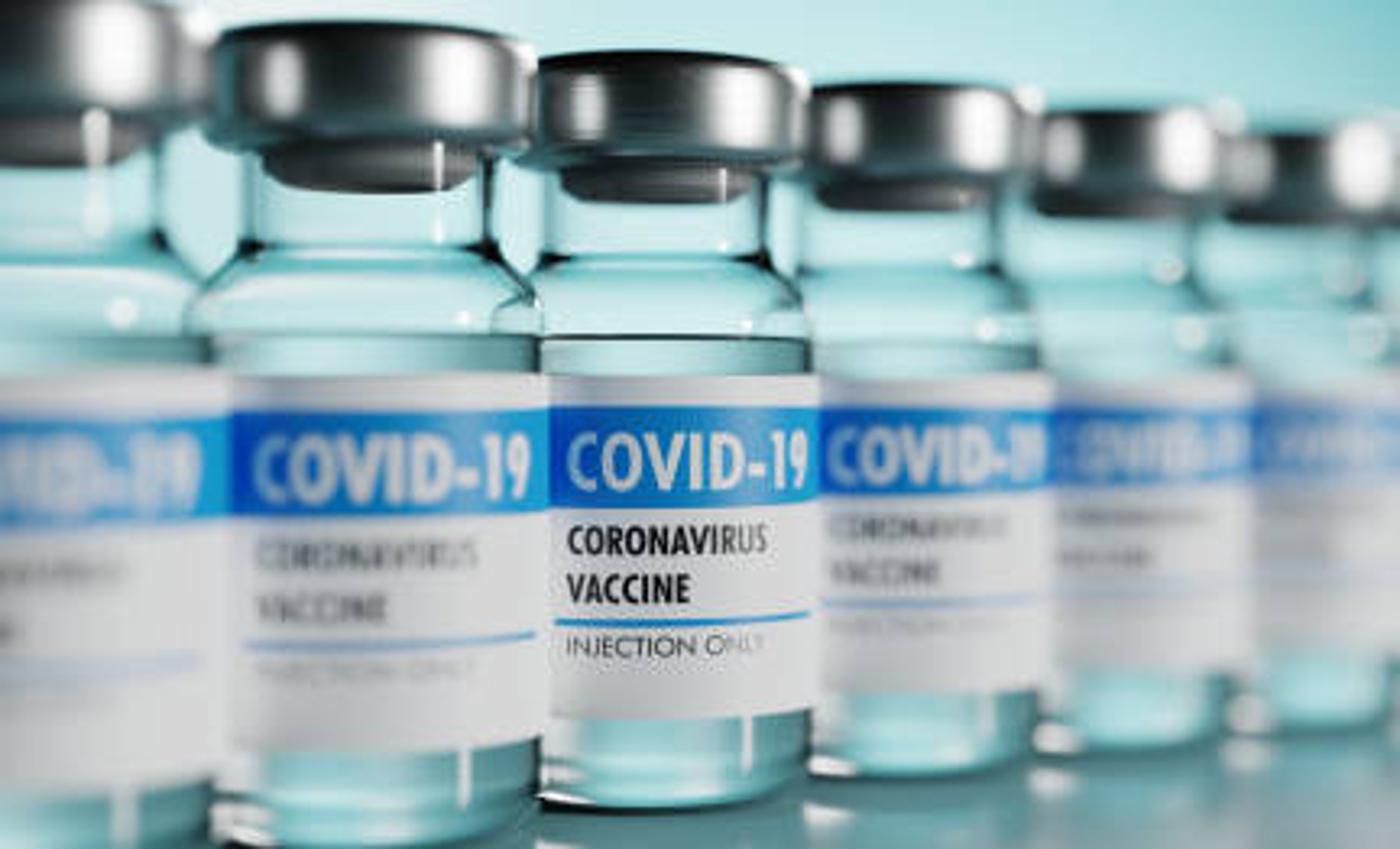
With the upcoming vaccine update, many pharmacies have run out of the current COVID-19 shots as they prepare to stock the new versions. If you’re looking to get vaccinated soon, it might take some searching to find a location with doses available.
Keep an eye on pharmacy websites or call ahead to ensure you can get the shot when you need it.
Understanding the Vaccine’s Protection Timeline
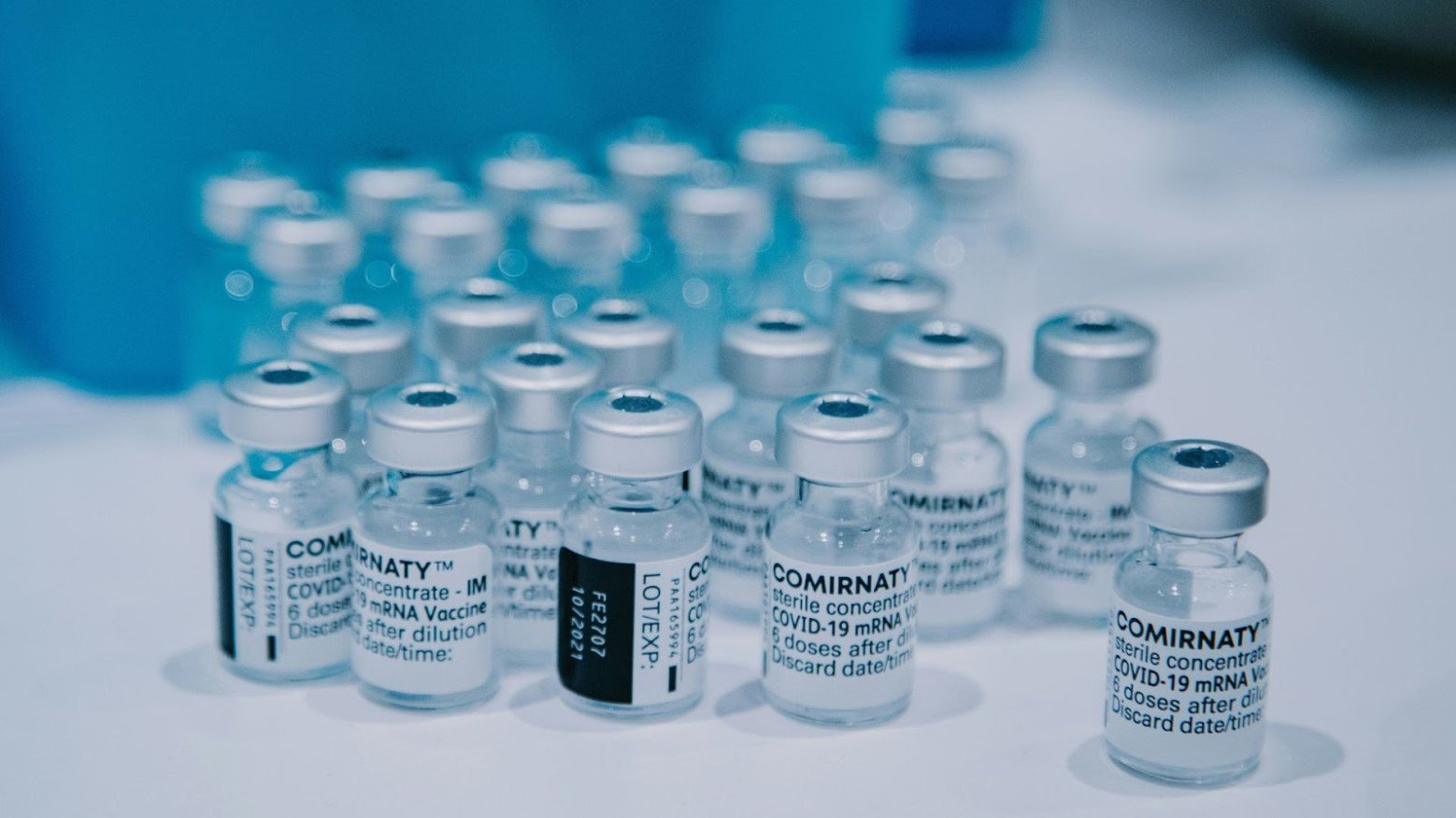
According to Dr. Paul Offit, the effectiveness of the COVID-19 vaccine starts to wane after four to six months. This means that if you get vaccinated in October, you should have strong protection through the winter.
However, if you’re at high risk, consider a booster shot before summer to extend your immunity even further.
What to Expect This Winter

As we head into the winter months, COVID-19 cases, hospitalizations, and deaths are expected to rise. While the situation is not as dire as it was during the early days of the pandemic, the virus still poses serious risks, especially for vulnerable populations.
Staying up to date on your vaccinations is one of the best ways to protect yourself and those around you.
A Look at the Future of COVID-19 Vaccines
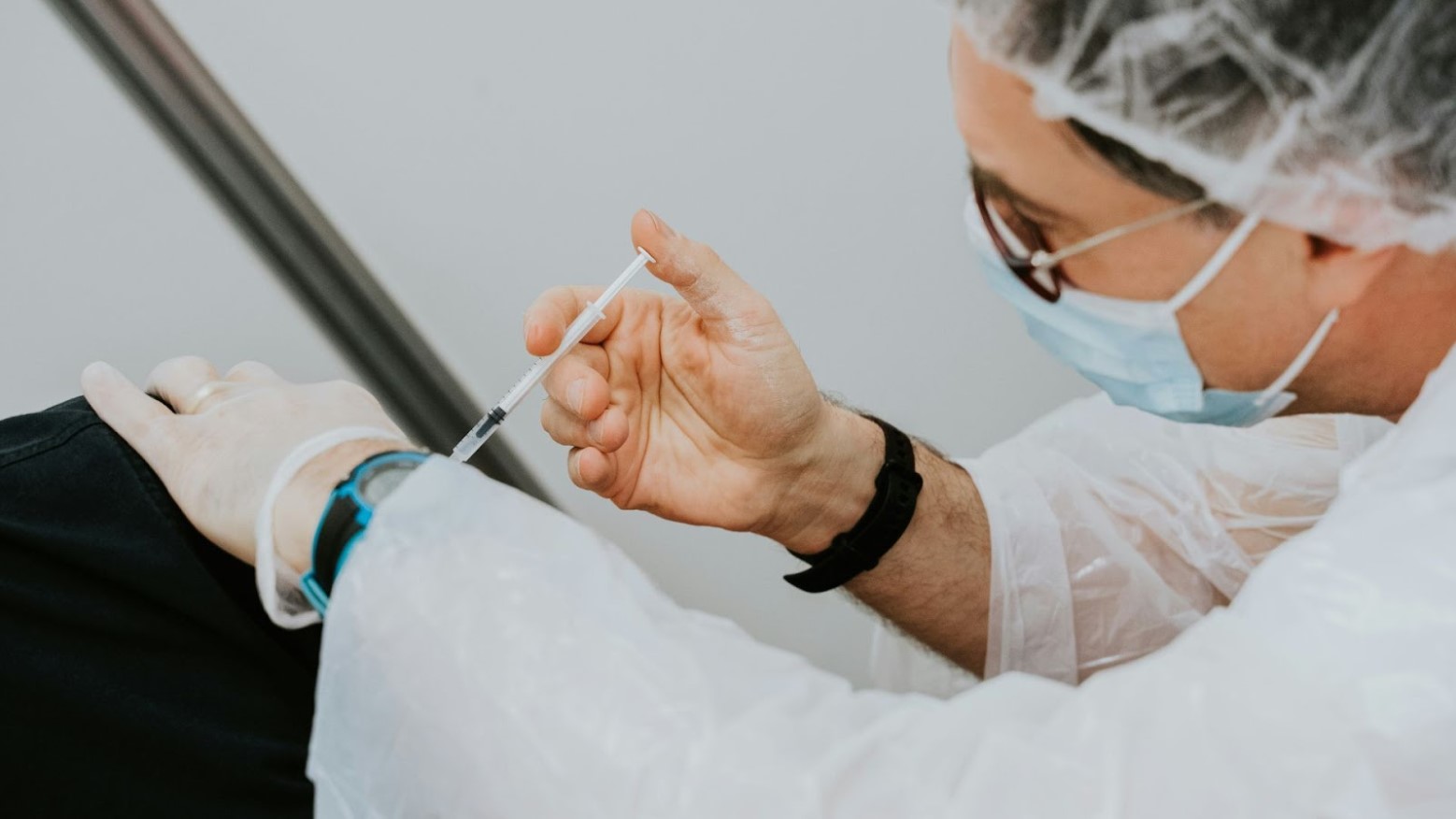
Experts like Dr. Ashish Jha believe that COVID-19 is becoming endemic in the U.S., meaning it will follow a predictable pattern for years to come.
This suggests that annual updates to the vaccine will be necessary, similar to the flu shot. Staying informed and prepared for these updates will be key to managing your health in the long term.
Timing Is Everything
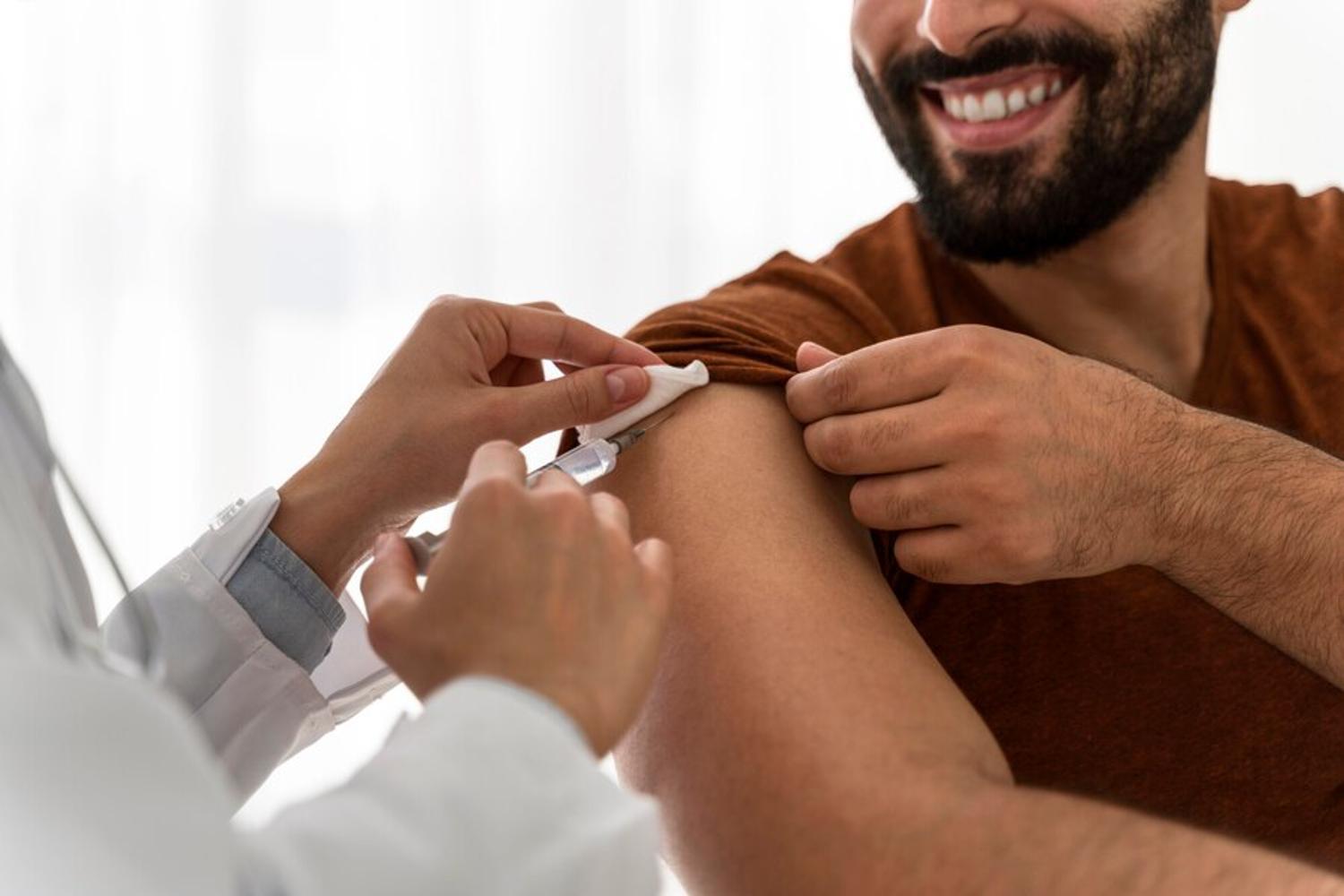
With the new COVID-19 vaccines on the horizon, timing your shot correctly this winter could be crucial. Whether you choose to get vaccinated right away or wait until closer to the holidays, making an informed decision based on your health status and risk factors is essential.
The goal here is not just to avoid infection, but to prevent severe illness and protect those most vulnerable.








































